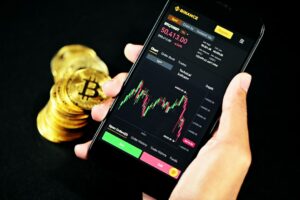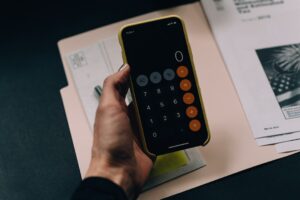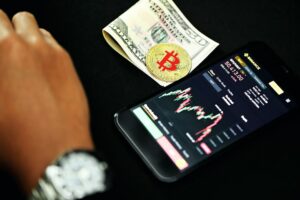Managed Forex Trading vs. Self-Trading: Which is Right for You?
Forex trading, also known as foreign exchange trading, has become increasingly popular over the years. With its potential for high returns, it has attracted traders from all walks of life. However, when it comes to forex trading, there are two main approaches: managed forex trading and self-trading. Each approach has its own advantages and disadvantages, and it is important to understand which one is right for you. In this article, we will delve into the differences between managed forex trading and self-trading, and help you make an informed decision.
Managed forex trading refers to the practice of hiring a professional trader or a forex trading company to make trades on your behalf. This approach is often chosen by individuals who lack the time or expertise to trade on their own. When you opt for managed forex trading, you are essentially entrusting your funds to someone else, who will make trading decisions on your behalf. The advantage of this approach is that it allows you to tap into the expertise of professional traders who have a deep understanding of the forex market. These professionals are well-versed in various trading strategies and have access to advanced trading tools and technologies. They can help you navigate the complexities of the forex market and potentially generate consistent profits.
On the other hand, self-trading involves making trading decisions on your own. This approach requires a significant amount of time, effort, and knowledge. When you choose to self-trade, you are responsible for conducting market analysis, identifying trading opportunities, and executing trades. The advantage of self-trading is that it gives you full control over your trading decisions. You can choose your own trading strategy, set your own risk tolerance, and adjust your positions as you see fit. Self-trading allows you to become intimately familiar with the forex market and gain a deeper understanding of the factors that influence currency valuations.
So, which approach is right for you? The answer depends on your individual circumstances and preferences. If you have limited time or lack the necessary knowledge and expertise, managed forex trading may be a better option for you. By outsourcing your trading decisions to professionals, you can focus on other aspects of your life while still potentially earning profits from the forex market. Managed forex trading is also suitable for individuals who prefer a more hands-off approach to trading and are willing to pay a fee for the services of professional traders.
On the other hand, if you have the time, dedication, and willingness to learn, self-trading can be a rewarding experience. Self-trading allows you to develop your own trading strategies, adapt to changing market conditions, and potentially achieve higher returns. It requires discipline, patience, and continuous learning, but it can also provide a sense of empowerment and personal achievement. Self-trading is particularly suitable for individuals who enjoy the process of market analysis and want to have full control over their trading decisions.
Regardless of whether you choose managed forex trading or self-trading, it is important to remember that forex trading involves risks. The forex market is highly volatile and unpredictable, and there is always a possibility of losing money. It is essential to carefully consider your risk tolerance and set realistic expectations before entering the forex market. Additionally, it is advisable to start with a demo account or allocate only a small portion of your investment capital to forex trading until you gain sufficient experience and confidence.
In conclusion, managed forex trading and self-trading are two different approaches to forex trading, each with its own pros and cons. Managed forex trading offers the expertise of professional traders and the convenience of outsourcing trading decisions, while self-trading allows for full control and potential higher returns. The decision between the two approaches ultimately depends on your individual circumstances, preferences, and level of commitment. Regardless of your choice, it is important to remember that forex trading involves risks and requires continuous learning and adaptation to market conditions.





